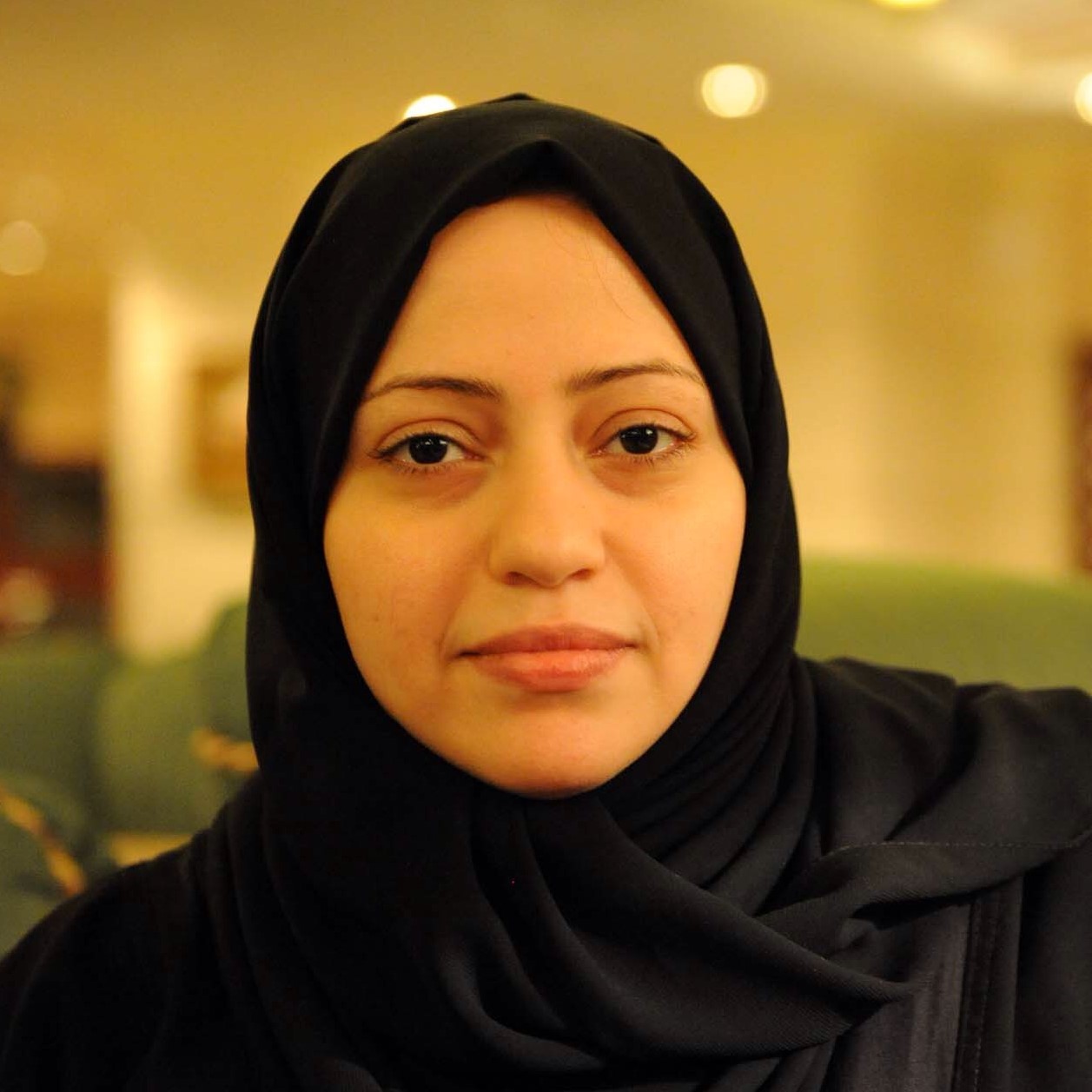Saudi women's rights defender, Samar Badawi, conditionally released
Timeline
September 29, 2022: Mentioned in the UN Secretary-General’s 2022 report on reprisals.
April 15, 2022: MENA Rights Group refers case to the UN Secretary-General ahead of the preparation of the 2022 report on reprisals.
September 29, 2021: Mentioned in the UN Secretary-General’s 2021 report on reprisals.
June 27, 2021: Badawi is conditionally released from prison.
September 30, 2020: Mentioned in the UN Secretary-General’s 2020 report on reprisals.
June 2, 2020: Several UN Special Procedures mandate holders issue a letter of allegation (AL SAU 8/2020) expressing concern over Badawi’s arbitrary detention, and requesting information regarding the conditions in which she is held and the measures taken to ensure her mental and physical integrity.
May 1, 2020: MENA Rights Group refers case to the UN Secretary-General ahead of the preparation of the 2020 report on reprisals.
September 19, 2019: Mentioned in the UN Secretary-General’s 2019 report on reprisals.
May 1, 2019: MENA Rights Group refers case to the UN Secretary-General ahead of the preparation of the 2019 report on reprisals.
July 30, 2018: Arrested by members of the Mabahith intelligence service from her home in Jeddah.
February 2017: Called in for questioning, held for several hours before being released.
January 2016: Arrested and interrogated, released a few hours later.
2015: Receives Hrant Dink Award.
December 3, 2014: Prevented from boarding flight to Belgium to participate in a human rights forum, informed that a travel ban had been issued against her for an indefinite period.
September 2014: Delivers statement at 27th session of the Human Rights Council in Geneva.
2012: Badawi among recipients of U.S. State Department’s International Women of Courage Award.
Related

June 15, 2023








